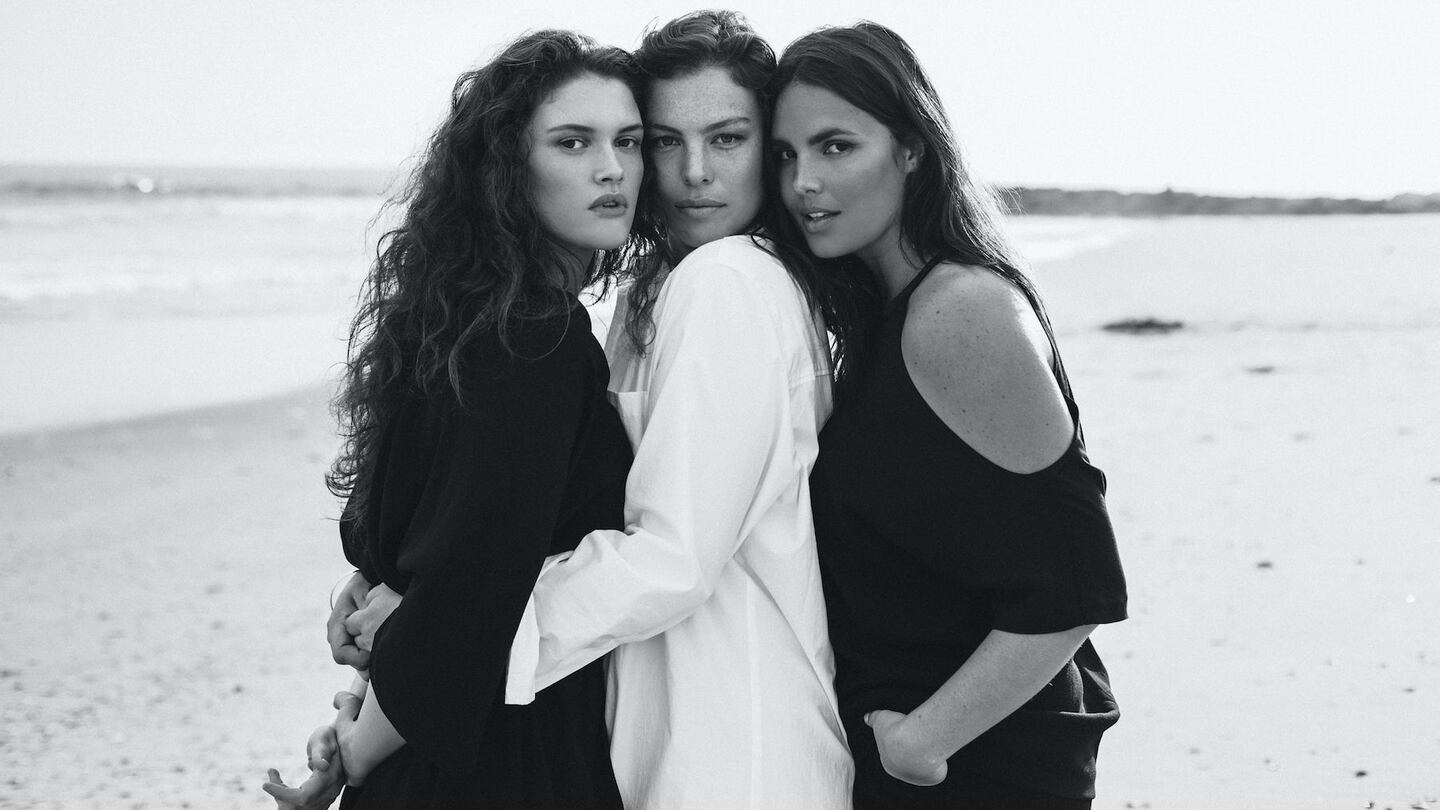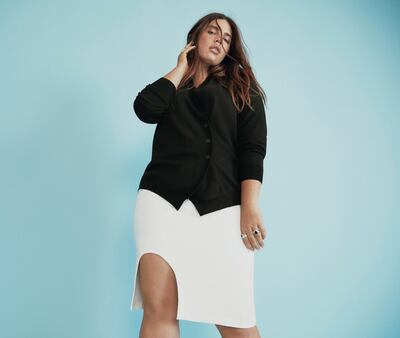
The Business of Fashion
Agenda-setting intelligence, analysis and advice for the global fashion community.

Agenda-setting intelligence, analysis and advice for the global fashion community.

NEW YORK, United States — Two and a half years on from inception, Universal Standard — the seasonless, direct-to-consumer, plus-size brand — has secured a $7 million in Series A round of funding led by Imaginary, the venture firm founded by Natalie Massenet and Nick Brown, with participation from Red Sea Ventures, along with a host of high-profile entrepreneurs including Goop's Gwyneth Paltrow, MatchesFashion founders Tom and Ruth Chapman, Toms founder Blake Mycoskie, SoulCycle's Elizabeth Cutler and Sweetgreen's Jonathan Neman and Nicolas Jammet.
Fashion journalist Alex Waldman and private equity veteran Polina Veksler founded Universal Standard in September 2015 in a bid to shake up the long-neglected, double-digit sized clothing market with a collection of elevated, stylish essentials that spanned sizes 10 to 28. "What Alex and I set out to do is to erase that line that arbitrarily exists just because a size changes," explains Veksler. "We do that from every perspective: from the style, the quality and the fit, but also from the visual language perspective." The brand has since expanded into size-extended jewellery, active wear, loungewear and workwear verticals.
The new capital raised will be used to proliferate existing strategies — including category expansion and fabric innovation — and to grow size offering, which is set to encompass sizes 6 to 32 in the coming year. There are also plans to amplify awareness via brand marketing, something the company has not explored before, make key executive hires and build a showroom network across the US.

Universal Standard campaign | Source: Courtesy
ADVERTISEMENT
Certainly, the plus-size sector remains one of the most marginalised within the apparel market, despite high demand (valued at $21.3 billion in 2016, revenue from the category grew by 14 percent between 2013 and 2016, compared with 7 percent for all apparel, according to a report by the Economist). A dearth of brands that cater to the market limits aesthetic variety, while terminology and marketing strategies that often alienate consumers dominate. And it is not an easy market to crack, in part because often consumers are unwilling to invest in larger clothing items as they view their size as a temporary circumstance.
This is something Waldman and Veksler experienced first-hand. "We kept seeing this deference to a future self," explains Waldman. "Spending anything over $19.99 became a pain point because it was like making a commitment to your size." As a result, they implemented the Universal Fit Liberty initiative: if a customer's size fluctuates over the course of a year, Universal Standard will replace purchases in the new size for free, donating returned pieces to charity. "We wanted to relieve the anxiety of that purchase decision, from both an emotional standpoint and a financial standpoint," says Waldman.
They also wanted to change the way the sector communicates with consumers. "When we started the brand, we started as a size inclusive brand, not as a plus size brand," says Veksler, who notes that "plus size" usually starts at a size 14. She also points out that how brands like Club Monaco and Rag & Bone talk to women is very different from how traditional plus-size brands talk to women. "When it comes to showcasing fashion for bigger women, you have a sort of catalogue-from-the-late-'80s aesthetic. They're just not being taken seriously, and this is what we want to change."
Initiatives like these is what got investors excited. "The Universal Standard team is fundamentally changing the way in which this customer is spoken to," Imaginary's Brown said in a statement. "The company's early success points to the industry's chronic disconnect between what this consumer wants and what [she] has been offered."
The duo declined to provide company revenue and growth figures, but are optimistic about its future growth. "We have a lot of plans to really shake up this industry and change the way that things have been done for so long," says Waldman. This is the company's second funding round, bringing total investment to $8.5 million.
Related Articles:
[ Plus-Size Lingerie Turns Into Rare Growth Market in US ApparelOpens in new window ]
[ 11 Honoré Targets Plus-Size OpportunityOpens in new window ]
[ 3 Fashion Start-ups Tapping Tough CategoriesOpens in new window ]
From analysis of the global fashion and beauty industries to career and personal advice, BoF’s founder and CEO, Imran Amed, will be answering your questions on Sunday, February 18, 2024 during London Fashion Week.
The State of Fashion 2024 breaks down the 10 themes that will define the industry in the year ahead.
Imran Amed reviews the most important fashion stories of the year and shares his predictions on what this means for the industry in 2024.
After three days of inspiring talks, guests closed out BoF’s gathering for big thinkers with a black tie gala followed by an intimate performance from Rita Ora — guest starring Billy Porter.